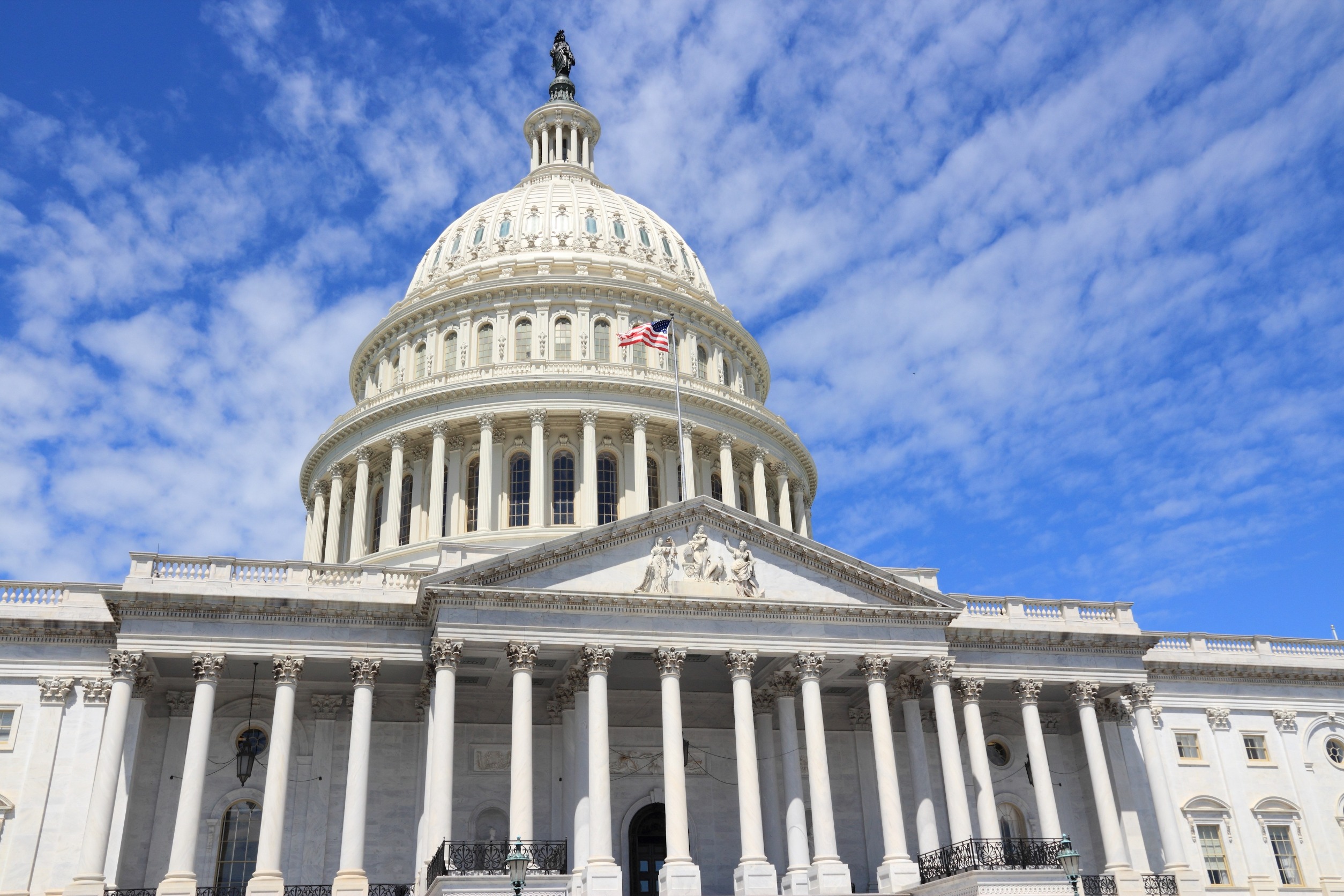Why learning the facts about stocks, bonds and annual reports is well worth your time.
Amy Domini | December 2011 Issue
When I was about 15, I learned about stocks and bonds, annual reports and accounting oversight. Financial education is simple, but people don’t know that. And because they don’t know enough, they do damage to themselves and the planet. So here’s what I learned.
It began when my grandfather called me for help in the garden. We sliced dahlia bulbs and dug the parts into the ground. His real job was finding electric power plants. Companies all over the world wanted to buy, and he was good at figuring out the value of the plants.
As we worked, my grandfather spoke about why he knew how to buy a good stock. He talked about it for quite a while before I said, “I don’t really know what a stock is.” He was flummoxed. “Why, Amy D. You better come inside so we can discuss this.”
Think about the general store in town, my grandfather said. If Mr. Hubbard thinks he might like to open a second general store for his son to run in the next town over, he’ll need money. It’s expensive to get a store up and running.
Now Mr. Hubbard faces two choices. He can get a loan. When people get loans, they promise to repay on a certain date. Meanwhile, they pay interest. That’s what’s called a bond. People put up collateral, maybe the store itself, and it is bonded (or held captive) until the loan is paid off.
The second option is for Mr. Hubbard to find a partner with money who would own a share of the enterprise. The partner would be a shareholder. That means he’d own stock in whatever the store had. The shareholder doesn’t get interest, but if the store makes money to spare, that shareholder gets a piece of the profits. That’s a dividend.
In my grandfather’s house was a stack of what looked like magazines. He said they were annual reports and that every company that sells stock to the public publishes one. He pulled the first one off the stack, flipped to the back and taught me to start there. First, he said, look at the auditor’s report. They are all the same. If one is different, that means the auditors don’t trust the numbers management is supplying. That would be like calling Mr. Hubbard a liar; you wouldn’t invest in a company run by a liar.
We flipped to the front. “That’s where the person running the company tells you what the strategy is for the next year or two. You’d better see if you like it. Look for clues that they are getting into riskier business or that they’ve gotten in over their heads.”
As I became an investor, I remembered that to be a good one, you had to find the clues and make your decision. Today I use company reports to see whether the company’s management knows its job is to care for profits, people and the planet. If it’s an airplane company, I want it to have newer, cleaner burning jets and a good safety record. If it’s a shampoo company, I want it to have a board diversified in a way that reflects the general public and to advertise fairly. I don’t want to see product safety recalls.
When I look at banks, I want to see if they are in the lending business. A lot of them have started doing other work, like insuring portfolios. I find it hard to invest in big American banks, but the ones in Canada are lending. That’s why they’ve been doing better than big American banks lately.
Finding companies that do what they are supposed to do and do it responsibly can prevent problems. Learning a little about what a stock is, what a bond is and how to decide if you want to invest is well worth the time. You can help yourself by investing for profit. But you can help yourself and others by understanding what a company does right and what it gets wrong. Sunshine is the best disinfectant and responsible investors create the sun’s shine on companies. People and planet count on financial systems to provide them with a future. A lot of managers at a lot of companies understand that. To find out which ones do, you have to read the clues. It’s not so hard; a 15-year-old kid can do it.
Amy Domini is the founder and CEO of Domini Social Investments and author of several books on ethical investing.
A (non-) sentimental education
More of Today's Solutions
Women in New Mexico make history with legislative majority
BY THE OPTIMIST DAILY EDITORIAL TEAM With 60 of the 112 seats in the state legislature, New Mexico women have set a new benchmark ...
Read MoreRat patrol: African rodents trained to sniff out smuggled wildlife products
BY THE OPTIMIST DAILY EDITORIAL TEAM Move over, sniffer dogs! Scientists in Tanzania are now using African giant pouched rats to locate smuggled wildlife ...
Read MoreNeed more vitamin D? Add these 5 foods to your diet
The shorter days of winter months means most of us are spending less time in the sunshine than we used to. As we head ...
Read MoreBritish 13-year-old finds hoard of Bronze Age artifacts with her metal detector
Thirteen year old Milly Hardwich was using her metal detector for the first time in Royston, England when she came upon something unexpected. Milly ...
Read More










